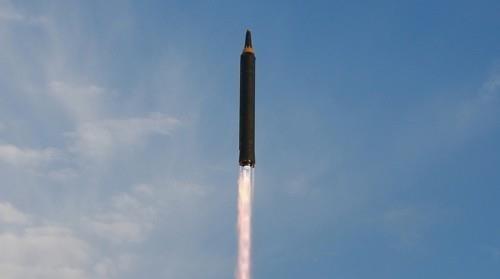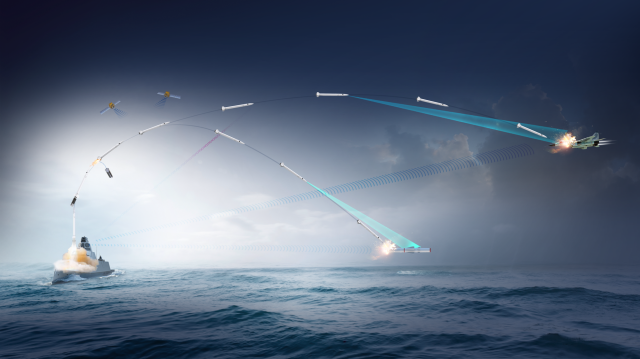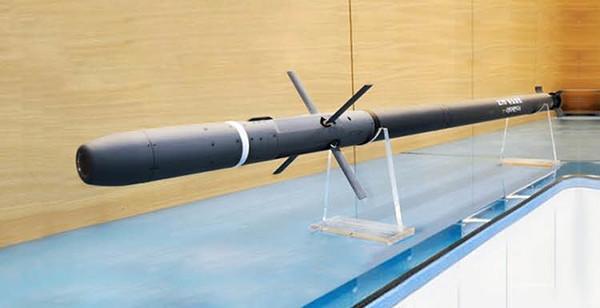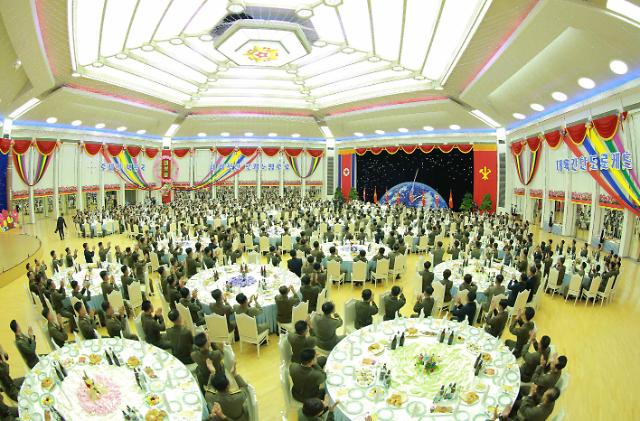
[Yonhap News Photo]
North Korean leader Kim Jong-un scoffed at a flurry of international criticism and pressure to host a banquet celebrating what it called the second test launch of an intercontinental ballistic missile capable of carrying nuclear warheads to the US mainland.
Kim and his wife, Ri Sol-ju, attended the banquet Sunday, according to the North's official Korean Central News Agency, as workers and students held dancing parties in Pyongyang to praise the leader for "firmly defending the sovereignty and dignity of the country with the powerful strategic nuclear force".
The missile test triggered international criticism, but Pyongyang warned it would respond with its "resolute act of justice as already declared" to any US military retaliation and tough sanctions.
In a statement published on Sunday, the North's foreign ministry said that
through the weekend test, Pyongyang demonstrated its ability to make a surprise ICBM launch "in any place and location any time" and to put the entire US mainland in the range of its missiles.
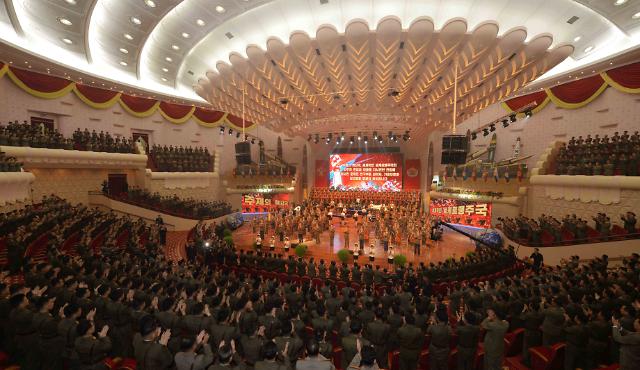
[Yonhap News Photo]
Seoul and Washington took a series of steps including a combined live-fire missile drill, the quick deployment of US strategic bombers and a successful test of an advanced US missile shield deployed in Alaska.
President Moon Jae-in changed his stance over a Terminal High Altitude Area Defense (THAAD) system, a sensitive diplomatic issue that has strained relations between Seoul and Beijing, allowing US troops to go ahead with the "temporary" deployment of four additional launchers.
US troops deployed two THAAD launchers on April 26 while four others were kept at a military camp. South Korea put off the deployment of the remaining four until it completes a full assessment of the missile shield's environmental impact.
Seoul and Washington agreed to open talks on revising missile guidelines that have prevented South Korea from developing ballistic missiles with a range of more than 800 kilometers (496 miles) and a payload exceeding 500 kilograms.
On Sunday, two B1-B US strategic bombers from Guam made a symbolic flight over the Korean peninsula. "North Korea remains the most urgent threat to regional stability," said US General Terrence J. O'Shaughnessy, Pacific Air Forces commander. "If called upon, we are ready to respond with rapid, lethal and overwhelming force at a time and place of our choosing."


